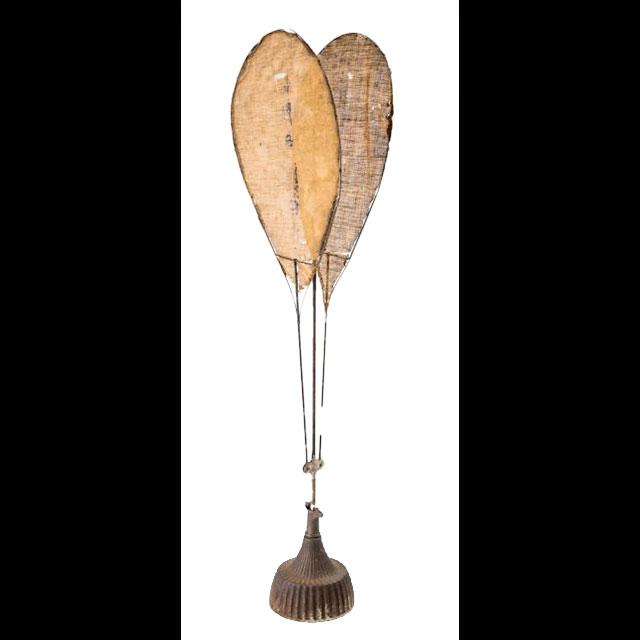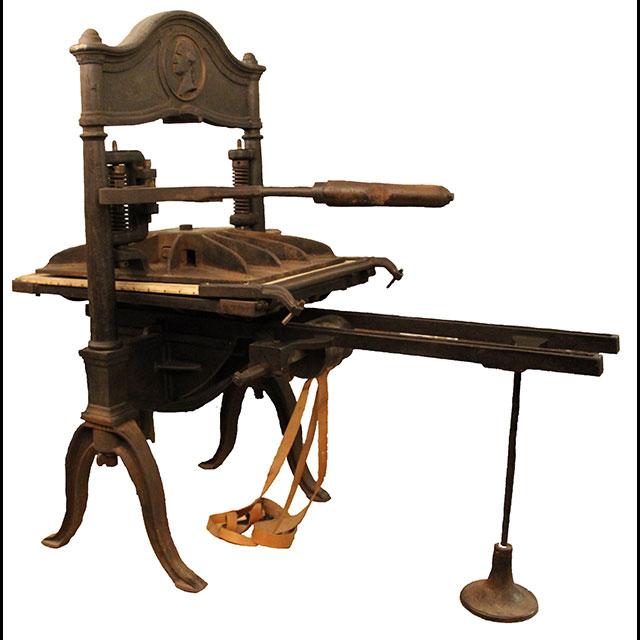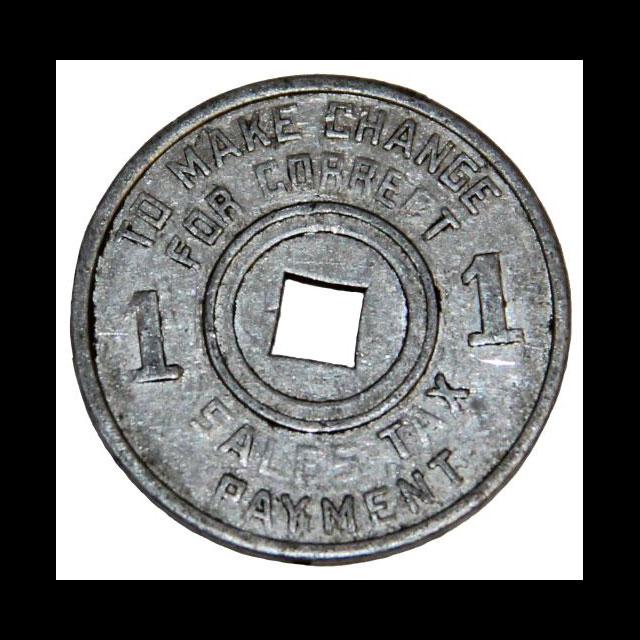The World Remade: Freedom, Reconstruction, and Counter Revolution
1866–1902
After the Civil War, Mississippi faced its next great challenge—creating a society not built on racial slavery. Voters approved the 1868 Constitution that formally ended slavery and affirmed Black voting rights, allowing the state to rejoin the Union in 1870. By 1890, White Democrats had regained political control and passed a new state constitution that disfranchised black Mississippians.
The end of slavery destroyed the established social, economic, and political order. Plantations, once worked by thousands of enslaved African Americans, now employed White, Black, and immigrant sharecroppers and tenants. These laborers produced millions of cotton bales, saturating the market and depleting nutrients from the land. Unfair practices often drove sharecroppers into debt. Educational and professional opportunities expanded for women and African Americans, but poverty and repression persisted. New immigrant groups arrived, but they faced persistent discrimination.
From the Gallery
Explore artifacts, photos, and documents featured in The World Remade gallery.
Timeline: 1866-1902
Explore Mississippi
Journey beyond the museum walls and explore the places where history happened and is preserved.
Beauvoir
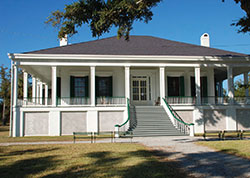 The historic post-war home of the former President of the Confederate States of America, Jefferson Davis, is located in Biloxi.
The historic post-war home of the former President of the Confederate States of America, Jefferson Davis, is located in Biloxi.
2244 Beach Blvd
Biloxi, MS
Alcorn State University
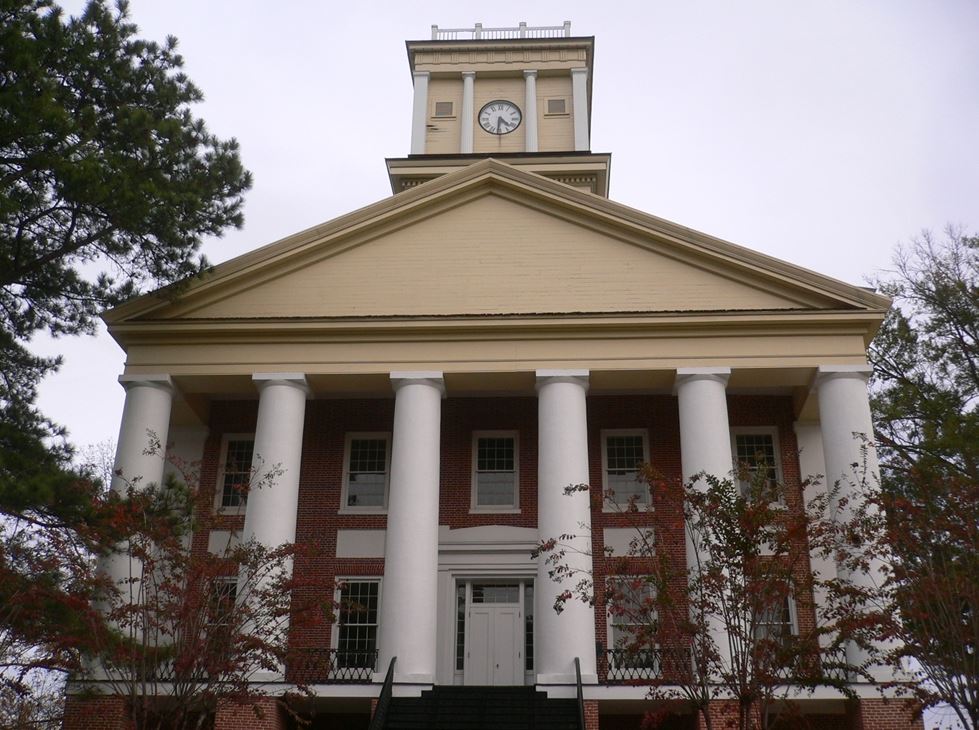 Alcorn State University is the oldest public historically black land-grant institution in the United States and the second-oldest state-supported institution of higher learning in Mississippi. It was founded in 1871 to educate the descendants of formerly enslaved Mississippians.
Alcorn State University is the oldest public historically black land-grant institution in the United States and the second-oldest state-supported institution of higher learning in Mississippi. It was founded in 1871 to educate the descendants of formerly enslaved Mississippians.
1000 Alcorn Avenue
Lorman, Mississippi
VISIT THE MISSISSIPPI CIVIL RIGHTS MUSEUM
Explore the movement that changed the nation. Discover stories of Mississippians like Medgar Evers, Fannie Lou Hamer, and Vernon Dahmer, as well as those who traveled many miles to stand beside them, come what may, in the name of equal rights for all.

